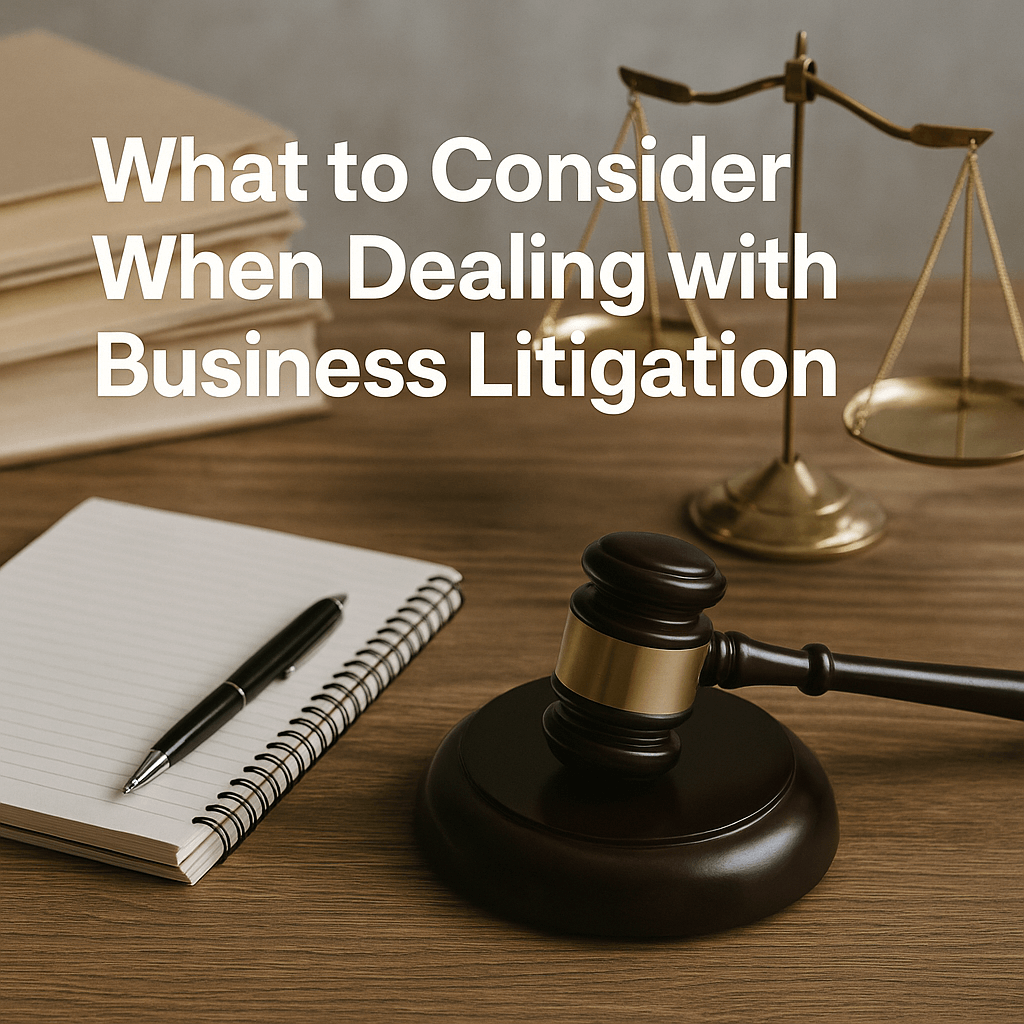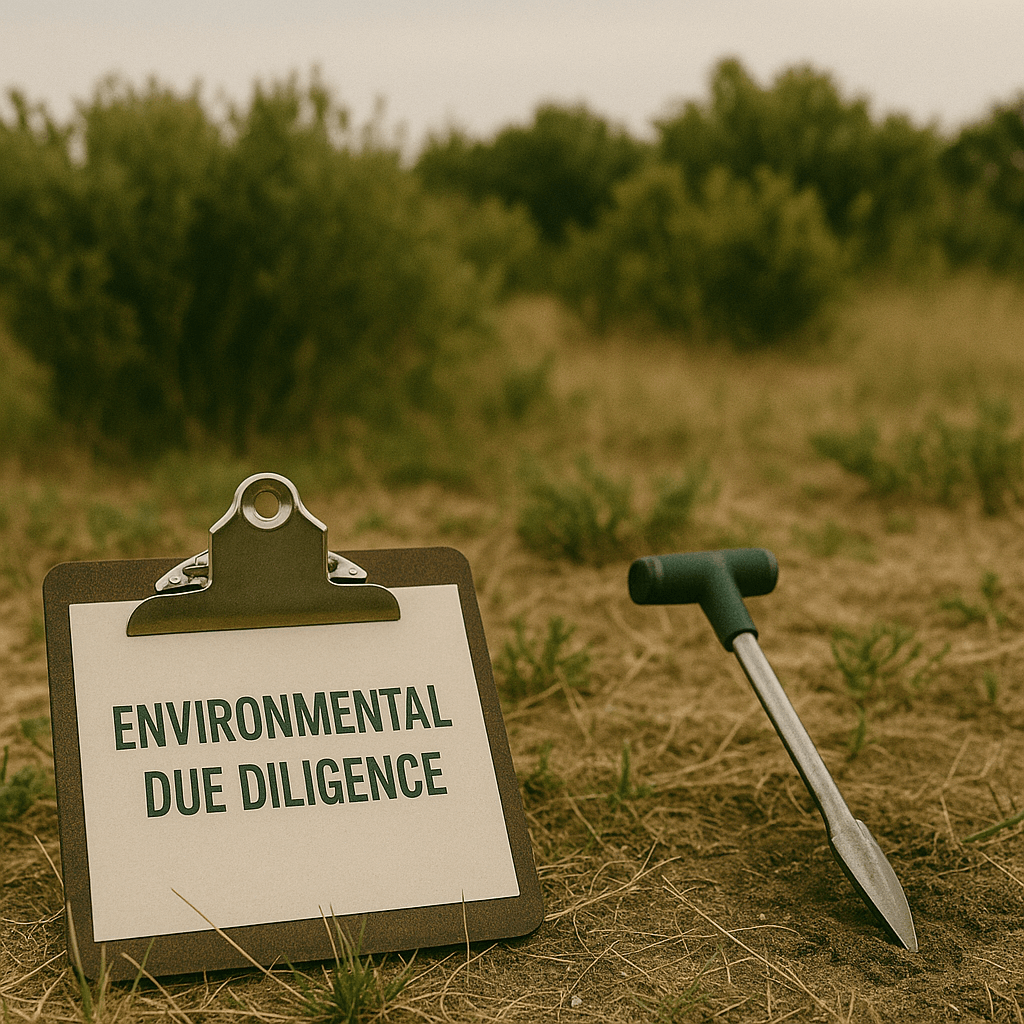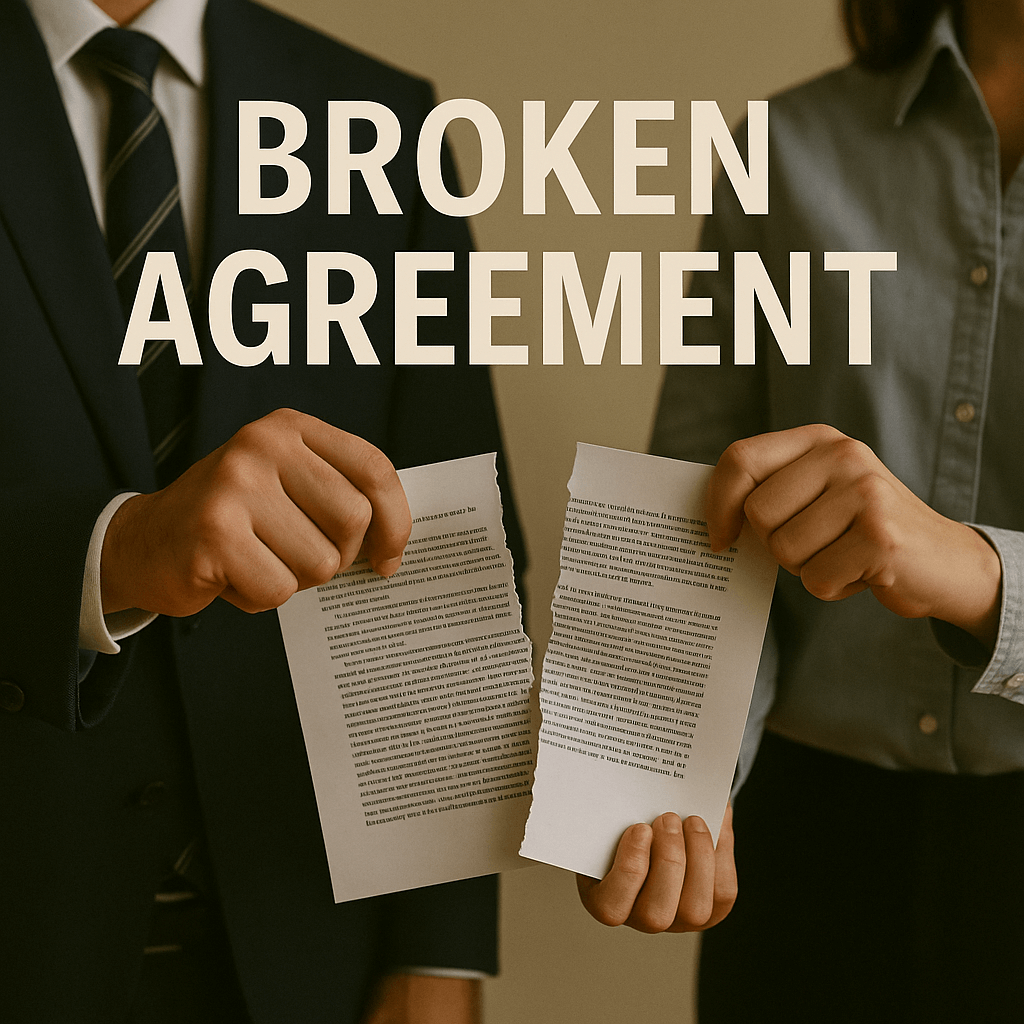
TWF Newsroom
Can Eminent Domain Take Your Property Away?
Understand the legal authority of eminent domain, when it can be used to acquire private property, and how property owners can seek fair compensation or challenge the taking.
How to Perform Due Diligence on Commercial Real Estate
Discover how to evaluate commercial property before purchase, including title review, financial analysis, zoning compliance, and environmental assessments.
Do You Need a State Pollutant Discharge Elimination System Permit?
Understand the purpose of New York’s SPDES program, when a permit is required, and the steps to apply while ensuring compliance with state water quality regulations.
Do You Need Bulk Storage for Chemicals or Petroleum?
Learn the legal requirements for storing chemicals or petroleum in bulk, including permits, facility standards, and spill prevention protocols.
What Are Single, Double, and Triple Net Commercial Leases?
Compare single, double, and triple net leases to see how maintenance, insurance, and taxes are allocated, and which lease structure may best fit your business needs.
Do Neighbors Get a Say in Zoning Variances?
When requesting a zoning variance in New York, local property owners are formally notified and can attend the public hearing to voice support or objections. While neighbors don’t decide the outcome, their testimony may inform the Zoning Board’s assessment of community impact and hardship.
Can Homeowners Sue Your Company Over Property Values?
If your company’s operations negatively impact local air or water quality, neighboring homeowners may allege a drop in property values—and in certain cases, seek compensation. While compliant businesses generally face fewer claims, documented environmental violations, such as citations or fines, can strengthen homeowners’ claims.
What to Consider When Dealing With Business Litigation
Learn the essential steps in preparing for business litigation, including gathering evidence, assessing legal risks, and choosing the right dispute resolution approach.
What Are Improvement and Alteration Clauses?
Understand how improvement and alteration clauses define a tenant’s ability to make changes to leased space, including approval requirements and cost responsibilities.
What Is the Importance of a Letter of Intent?
Discover how a letter of intent outlines the key terms of a transaction, clarifies expectations between parties, and helps prevent misunderstandings before a binding agreement is signed.
What Are the Core Steps in Environmental Due Diligence (EDD)?
Learn the standard phases of environmental due diligence, from initial site assessments to detailed investigations, to identify and mitigate environmental risks.
What Do You Do if Your Business Partner Violates Your Agreement?
Learn the steps to take when a business partner violates an agreement, including reviewing the contract, exploring settlement, and pursuing legal remedies in court.
What Does New York’s Green Amendment Mean for Business?
Learn how the Green Amendment establishes a constitutional right to clean air and water, and how it may influence environmental regulations and business operations.














.png?content-type=image%2Fpng)